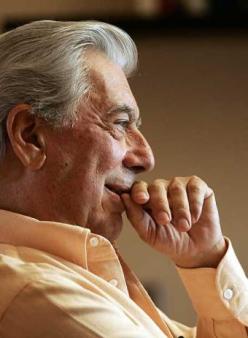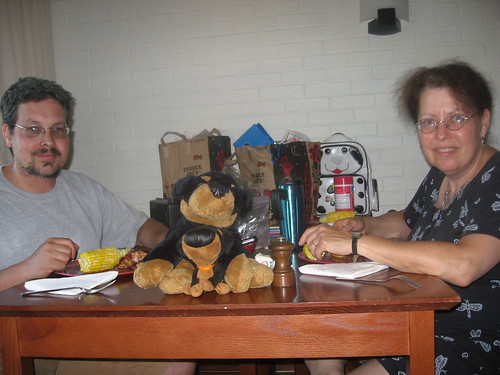🦋 The Novel as History
I have been following the discussion at The Edge of the American West about using fiction in history curricula with great interest. So it was on my mind this evening as I read Pamuk's essay "Mario Vargas Llosa and Third World Literature" (from Other Colors).
Is there such a thing as Third World literature? Is it possible to establish -- without falling prey to vulgarity or parochialism -- the fundamental virtues of the literatures of the countries that make up what we call the Third World? In its most nuanced articulation -- in Edward Said, for example -- the notion of a Third World literature serves to highlight the richness and the range of the literatures on the margins and their relation to non-Western identity and nationalism. But when someone like Fredric Jameson asserts that "Third World literatures serve as national allegories" he is simply expressing a polite indifference to the wealth and complexity of literatures from the marginalized world. Borges wrote his short stories and essays in the 1930s in Argentina -- a Third World country in the classic sense of the term -- but his place at the very center of literature is undisputed.
The essay follows a pattern I have noticed in Pamuk's literary essays: he lays out a great deal of history in a very small space, leaving it to the reader to fill in the elisions. The history here is that of  Llosa's relationship with the Existentialists (specifically Sartre, de Beauvoir, and Camus) and his break with Marxism. Of all this I know nothing besides a very general notion of Llosa as the Peruvian writer who was a radical youth but became quite conservative in his adulthood. (All I have read by the man is The Real Life of Alejandro Mayta, and that when I was very young.) Llosa's relationship with the Existentialists (specifically Sartre, de Beauvoir, and Camus) and his break with Marxism. Of all this I know nothing besides a very general notion of Llosa as the Peruvian writer who was a radical youth but became quite conservative in his adulthood. (All I have read by the man is The Real Life of Alejandro Mayta, and that when I was very young.) But Pamuk sketches the story so well, he gives me a feeling of familiarity with the actors. He makes me wish very strongly to read Death in the Andes:
This novel takes place in the abandoned and disintegrating small towns of the remote Andes -- in empty valleys, mineral beds, mountain roads, and one field that is anything but deserted -- and follows an investigation into a series of disappearances that may be murders.... Though Death in the Andes skirts tired modernist hypotheses about the Third World, it is still not a postmodern novel in the manner of, say, Pynchon's Gravity's Rainbow. ...[I]t would be wrong to dismiss it as a coarse statement about inscrutable cultures, for it is a playful and mostly witty realist text about everyday life in Peru: in short, a trustworthy history.
Which last bit I guess is what made me think about Dr. Rauchway's post linked above and the comments thereto.
posted evening of Wednesday, May 7th, 2008
➳ More posts about Other Colors
➳ More posts about Orhan Pamuk
➳ More posts about Readings
| 





 Mildred Loving
Mildred Loving 